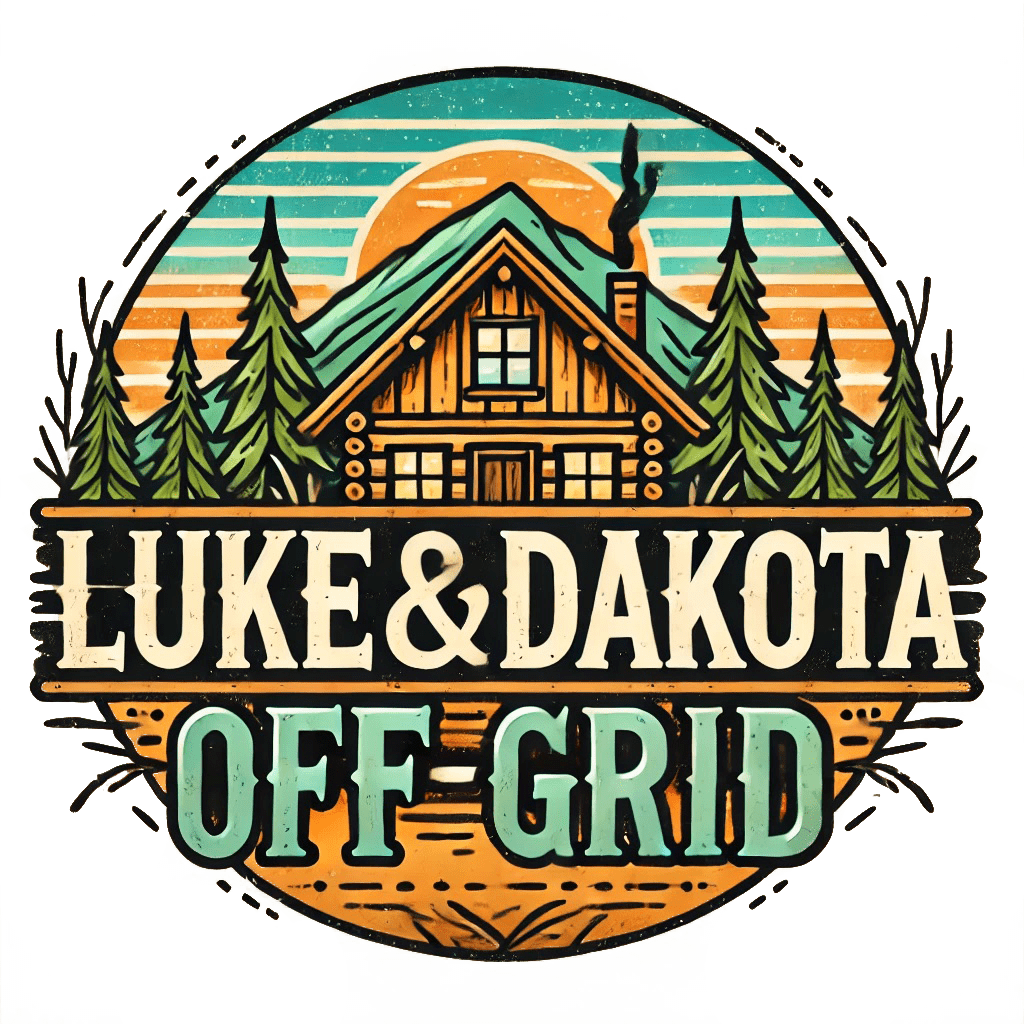The dream of self-sufficiency is under threat as government regulations increasingly tighten around off-grid living. Many homesteaders are facing restrictions on everything from water collection to alternative energy systems. While some regulations are intended to ensure safety and environmental sustainability, many argue that they infringe upon individual rights and independence.
In this article, we’ll explore why off-grid living is becoming more difficult, the common restrictions imposed by governments, real-life cases of homesteaders facing legal battles, and practical strategies to protect your off-grid lifestyle.
The Rise of Off-Grid Living
Why More People Are Choosing to Live Off-Grid
More people are embracing off-grid living for a variety of reasons, including:
- Sustainability & Independence: Many seek freedom from rising utility costs and unreliable power grids.
- Food & Energy Security: Growing food and producing energy ensures resilience against supply chain disruptions.
- Minimalism & Nature Connection: A simpler, more self-sufficient lifestyle promotes mental and physical well-being.
Government Concerns About Off-Grid Living
While off-grid living is growing in popularity, some governments and municipalities are imposing restrictions, often citing concerns such as:
- Public Safety: Many officials argue that off-grid systems may lack proper sanitation or fire safety measures.
- Tax Revenue Loss: Utility companies and local governments lose revenue when people disconnect from public utilities.
- Environmental Regulations: Water rights, land modifications, and waste disposal are increasingly regulated.
Common Government Restrictions on Off-Grid Living
A. Zoning and Building Codes
- Tiny Homes & Off-Grid Cabins: Many areas enforce minimum square footage requirements and mandate grid connections.
- Composting Toilets & Greywater Systems: Some states prohibit alternative waste management solutions.
- DIY Construction Regulations: Many counties require professionally certified work, limiting self-built homes.
B. Water Rights & Rainwater Collection
- Rainwater Harvesting Restrictions: Some states claim collected rainwater affects local water tables.
- Fines and Legal Battles: Homesteaders have been fined for unauthorized water collection.
- Legal Ways to Collect Rainwater: Research local laws and obtain permits where required.
C. Off-Grid Energy Restrictions
- Solar & Wind Power Regulations: Some areas require grid tie-ins, preventing full off-grid independence.
- Wood Stove Bans: Restrictions on wood-burning heat sources due to environmental concerns.
- Smart Meter Mandates: Some cities require smart meters, which track energy use and prevent full self-sufficiency.
D. Food Production & Livestock Laws
- Livestock Bans in Suburban & Urban Areas: Many cities limit or ban backyard chickens, goats, and other small livestock.
- Seed Patents & Restrictions on Heirloom Crops: Laws favoring large agribusinesses impact small-scale homesteaders.
- Raw Milk & Farm-to-Table Crackdowns: Small farmers face legal challenges selling directly to consumers.
Notable Cases of Off-Grid Crackdowns
A. Legal Battles Over Off-Grid Homesteads
- Florida Man Forced to Connect to Utilities: A homeowner in Florida was fined for living off-grid without water or electricity.
- Tiny Home Communities Shut Down: Small-scale off-grid villages have been dismantled due to zoning violations.
- Land Zoning Disputes: Families have been forced off their land for failing to comply with arbitrary local regulations.
B. Corporate & Government Influence
- Utility Companies Lobbying Against Off-Grid Solutions: Who benefits from these restrictions?
- Big Agriculture vs. Small Farmers: The fight over food production and sustainability.
- Smart Cities & The Push for Urban Control: Is off-grid living becoming illegal by design?
How to Protect Your Off-Grid Lifestyle
A. Know Your Rights
- Understanding Local & State Laws: Research zoning and building codes before purchasing land.
- Joining Off-Grid Advocacy Groups: Stay informed and connect with others fighting for homesteader rights.
- Legal Resources for Off-Grid Living: Seek legal advice if faced with government pushback.
B. Choosing the Right Location
- Off-Grid Friendly States: States like Alaska, Texas, and Missouri have more relaxed regulations.
- How to Navigate Local Bureaucracy: Building relationships with local officials can help avoid legal issues.
- Staying Under the Radar: Practical strategies for low-profile off-grid living.
C. Alternative Solutions for Compliance
- Hybrid Systems: Some homesteaders maintain minimal grid connections to comply with regulations.
- Community Homesteads: Strength in numbers—consider joining an off-grid community.
- Political Involvement: Advocating for policy changes that support sustainable living.
Conclusion
Off-grid living is facing increasing restrictions, but with knowledge and preparation, homesteaders can protect their way of life. By understanding your rights, selecting the right location, and staying informed about changing regulations, you can continue to live sustainably and independently.
Are you experiencing legal challenges with your off-grid homestead? Share your story in our Facebook group.

